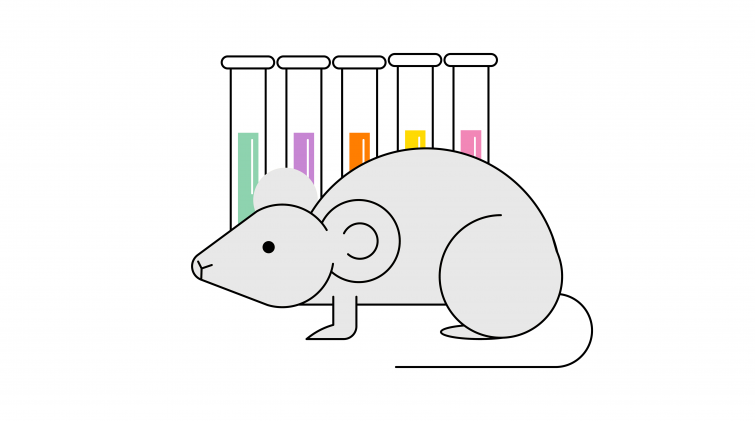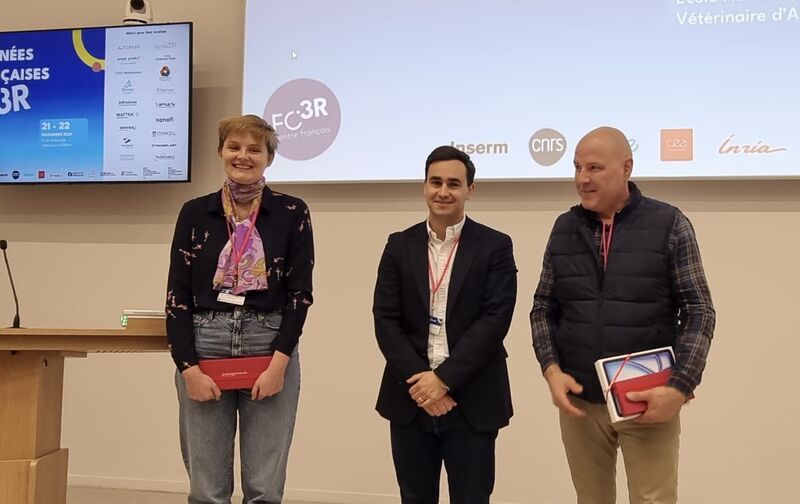
 Research
Research
"Special mention" for Institut Pasteur initiatives at the French 3Rs Days
On November 21 and 22, the FC3R, the French center for issues related to the 3Rs animal testing (replace, reduce and refine), organized the first "French 3Rs Days" at the Alfort National Veterinary School (EnvA).
At this event, the collaboration developed at the Institut Pasteur between stakeholders in ethics and animal welfare and biostatisticians was welcomed by the FC3R. The FC3R Scientific Committee gave a special mention to Émeline Perthame, an engineer in the Bioinformatics and Biostatistics Hub, for the initiatives introduced by the Hub's statisticians to support investigators in improving the quality of data generated during animal testing. By recognizing the successful establishment of a shared 3Rs culture at the Institut Pasteur between investigators and statisticians, the FC3R hopes that this example may inspire other institutions and their ethics committees.
At the Institut Pasteur, collaboration has gradually been developed since 2018 between the Committee for Ethics in Animal Experimentation (CETEA), the animal welfare body (SBEA), animal facility staff, veterinarians and experiment designers. "Our aims are twofold: we want to contribute to the 3Rs principle at the Institut Pasteur while also improving the validity and reproducibility of experimental findings. These two aspects should in no way be seen as contradictory – they actually complement each other and are mutually beneficial," she explains. All stakeholders have the same shared goal, namely to promote animal welfare while maintaining scientific rigor.
The statisticians in the Hub have been involved in more than 350 projects using animals, all of which they discussed with the scientists leading the projects before their assessment by the CETEA. For some projects, discussions were also held with scientists during the results implementation and analysis phase. Another key initiative has encouraged scientists to better take account of the use of male and female animals in projects so as to reduce the total number of animals produced and improve the level of generalization of experimental findings. No fewer than 300 scientists on campus have taken dedicated training courses, and several online tools have been designed since the start of the collaborative process.
Collaboration between investigators and statisticians on the topic of animal testing is also an excellent opportunity for interaction and dialog. "The rigorous approach that we have brought to animal testing has opened up very specific avenues for improvement in other experimental fields on campus," concludes Émeline.
3R award winners - From left to right: Emeline Perthame, Fabien Kawecki, Fabrice Reigner
Watch the webinar on the « SHADE » project
